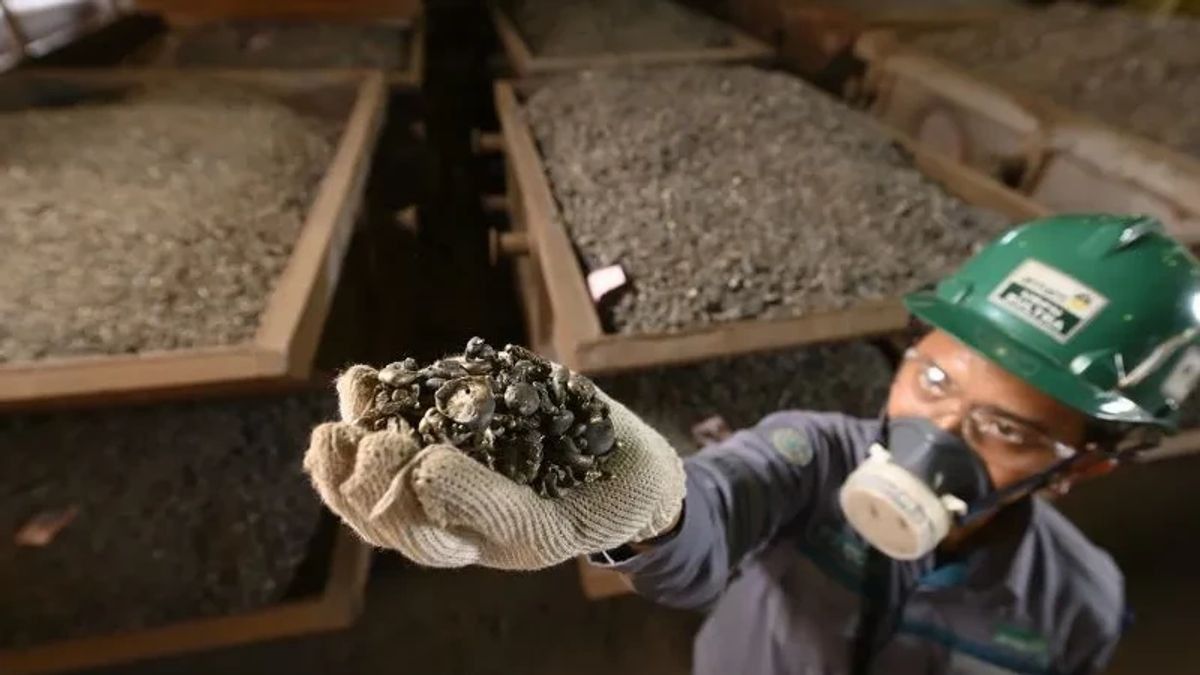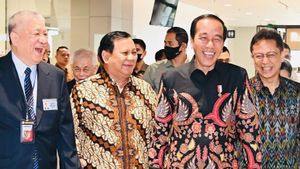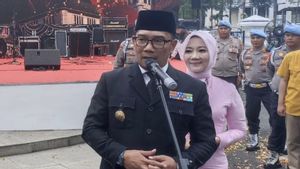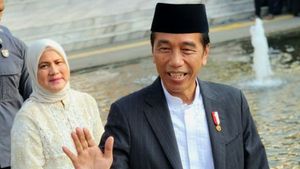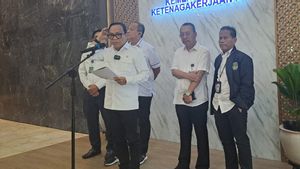YOGYAKARTA - The Indonesian government was asked by the International Monetary Fund (IMF) to open a ban on nickel ore exports. But on the other hand, the Indonesian Young Entrepreneurs Association (Hipmi) opposes the proposal to relax the export ban. So what is the impact of the nickel export ban?
The advice from the IMF to Indonesia for the abolition of the nickel ore export ban is contained in a report entitled IMF Executive Board Concludes 2023 Article IV Consultation Wit Indonesia. RI has imposed a ban on nickel ore exports starting January 1, 2020 which is stipulated in the Regulation of the Minister of Energy and Mineral Resources Number 11 of 2019.
The Hipmi management assessed that the steps taken by President Jokowi were appropriate regarding the ban on nickel ore exports. Despite being rejected from various countries, Himpi said that the government must take a firm and courageous stance. What is the impact of the ban on nickel ore exports for Indonesia?
The policy to ban nickel ore exports is considered to provide a number of benefits for Indonesia. The following are some positive impacts from the ban on nickel ore exports:
Minister of Finance, Sri Mulyani, said that the policy of banning nickel ore exports could provide added value for commodities in Indonesia. This policy is one of the government's steps aimed at strengthening the domestic industrial structure.
"This is increasing the added value, and with that decision our balance of payments will be stronger, so it should be even better, right like that," said Sri Mulyani at the DPR Building on (4/7/2023).
Coordinating Minister for Maritime Affairs and Investment (Menkomarves), Luhut Binsar Pandjaitan, also said that the policy was carried out to boost the downstream mining material project.
Luhut said the project could increase the selling value of exports by up to 10 times. For example, nickel resources in the country are processed into several iron and steel products. Instead of selling them in the form of raw goods, it is better to market them in the form that has been processed so that they have a larger added value.
VOIR éGALEMENT:
Luhut also revealed that downstream nickel ore can be used for battery supply and electric vehicle frameworks. The government will process nickel ore into precursor and cathode material which is then produced into lithium ion batteries.
The nickel ore downstream project also has an extension of the impact on the people in Indonesia. To boost the production of batteries and the framework of domestic electric vehicles, the government certainly needs labor. The government will increase employment opportunities. For example, the existence of an electric vehicle framework factory in Morowali has been proven to increase the number of workers in the area.
That is the review of the impact of the nickel ore export ban imposed by Indonesia. The reason the government implemented the policy was because the volume of nickel exported was too large. Indonesia already has its own plans for the use of nickel reserves.
Stay up to date with the latest domestic and other overseas news on VOI. You present the latest and most updated nationally and internationally.
The English, Chinese, Japanese, Arabic, and French versions are automatically generated by the AI. So there may still be inaccuracies in translating, please always see Indonesian as our main language. (system supported by DigitalSiber.id)
